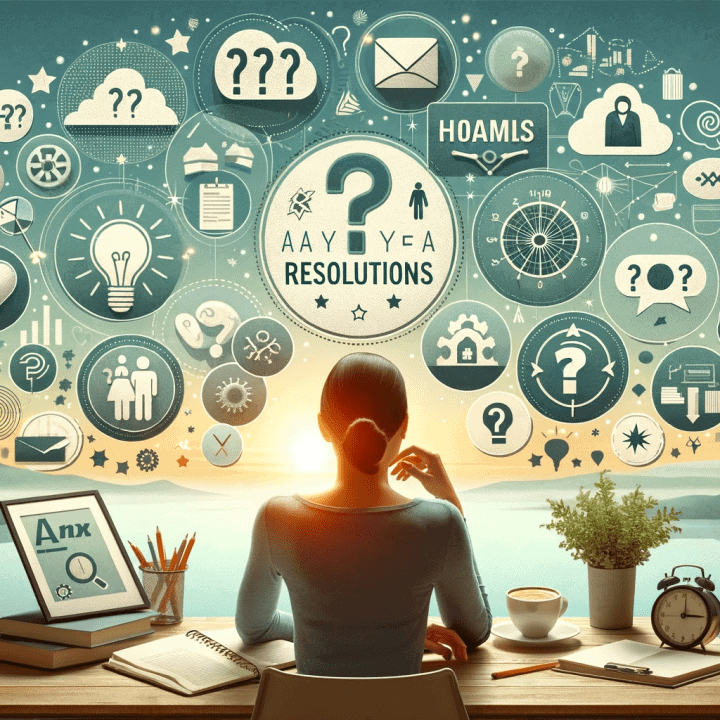The 2 most common ways in which people become stubborn and how you can avoid them
It happens to all of us. At times, we can get stuck in our dealings and not even realise how we got to a dead end.
It can be frustrating, and it can affect our state. So after a few days of being stuck myself on a project I’ve been working on for a while, I found a few ways to avoid getting stuck.
The other day I was reading a book by Richard Bandler, one of the co-creators of NLP, in which I found some insightful comments on how most people get stuck. The name of the book is Using your Brain for a Change, and I personally found it a very empowering read.
Being Right or Certain
The first way in which Bandler finds that people get stuck often is being right or certain of something. As he puts it “certainty is where people stop thinking and stop noticing”. Which, in my experience, does resonate. How many times have you felt so certain or right about something that you decide to shut down and stop thinking?
It’s like having an argument with a loved one and solely because you are ‘right’ about your point of view, you completely shut down to any options, ideas, or opinions that might be brought up in conversation, even to the point of acting stubbornly about your position only because you are ‘certain’ or ‘right’ about your point of view.
One time, I was travelling to the airport by bus. I jumped on, gave the driver some money, and then he gave me back some change, which I put in my pocket, and then sat down. It wasn’t until I sat down that I decided to count the change that I realised he had given me back less than he should have. I went up to him and explained the situation, but he was so ‘certain’ that he had given me the ‘right’ change that he would not even consider what I was saying. It even got to a point where he started raising his voice to put his argument for ‘being right’ forward’: ‘I’ve been doing this for twenty years; I know very damn well how to count money’.
Instead of working at a higher logical level and finding an outcome that could have made both parties happy, he just shut down to anything I had to say because he was ‘right’.
Can you see where this can be a problem when dealing with other people?
He missed the whole point, which was not for me or him to be right or wrong, but to find a solution to the situation at hand.
Bandler goes on to say, “Any time you feel absolutely certain of something, that’s a sure sign that you have missed something.”
Importance and self-importance
He explains how ‘as soon as one thing is important, others are not’. I personally find this point useful. When we qualify something as important, we tend to give it our attention in a different way, which usually results in our giving less attention to ‘less important’ things. What is interesting about this idea is that most of the time, what we think is important is nothing but a matter of perception (our own perception).
So by putting too much attention on what we think is ‘important’, we take attention from other relevant things that may provide us with useful resources to move forward rather than being stuck. As a friend of mine says, ‘sometimes the answer lies right under your nose’.
Don’t get me wrong, I think it is useful to have priorities, but keep in mind that the concept of ‘priorities’ is only an idea.
Take this home
So if you find yourself getting stuck in your description of the world again, remember Bandler’s advice and explore the situation to find out if you are just trying to be ‘right’ or you actually want to get an outcome at a higher logical level. Or think about how much attention you’re putting on the things that seem ‘important’, and if there are any other ones that you may be neglecting.
Remember, this is practical advice, not just another theory, so do go out and try it, and let me know how you went.
Related articles
Learn more about NLP by reading our Ultimate Compendium of NLP
If you found this article useful, share it or rate it below!
Similar Posts
Subscribe Now!
Stay Up-to-Date with Our Latest Courses and Special Offers
Stay in the loop with new course releases and opportunities by completing our form. Never miss out!


